As 2022 draws to a close, TIMEP looks back on the analyses, commentaries, and explainers that our community loved most this year.
TIMEP works with contributors from and in the MENA region to amplify bold ideas from those who know the region best—but you, our readers and supporters, help us to carry those ideas to the global stage where they can change how the world understands the region. From Egypt’s political economy to Sudan’s resistance committees to Syrian civil society’s efforts for accountability, we strived to shed light on the region’s most daunting challenges and most promising paths forward.
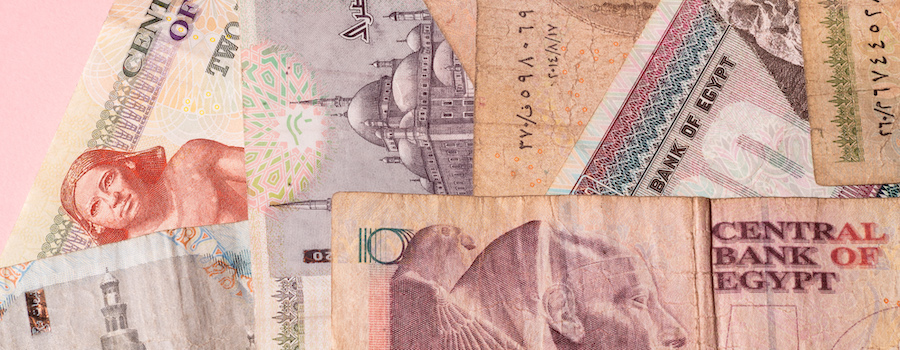
1. Egypt’s Next IMF Loan: How to Avoid the Failures of the Past Six Years by Timothy Kaldas
Earlier this year, Policy Fellow Timothy Kaldas wrote on the critical intersections between corruption, governance and human rights issues, and the economy in Egypt in light of a new IMF deal, explaining the shortcomings of past programs in Egypt and how the IMF can take advantage of a new opportunity to right past wrongs. “It is not too late to encourage Egypt to undertake difficult reforms; these can unleash the country’s potential, rein in the regime’s economic malpractice, and set the country on the path to sustainable and inclusive private sector-led growth and increased labor force participation.”
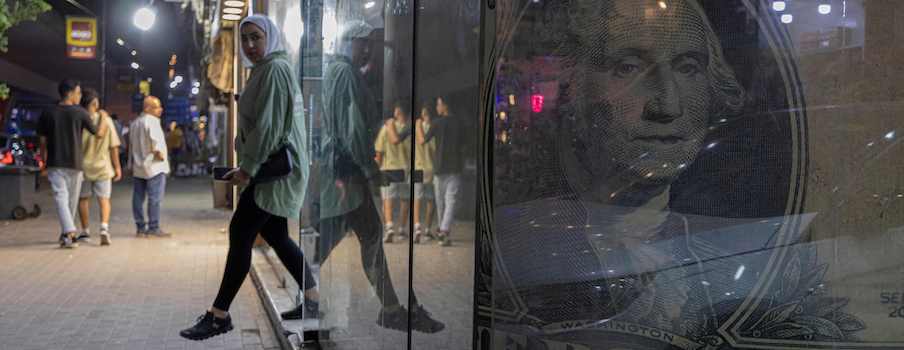
2. Egypt’s Infinite Economic Crisis by Mahmoud Salem
What factors are driving the endless cycle of Egypt’s economic crises? As the Egyptian people suffer soaring food prices and shortages of goods and the state continues to rack up debt, Mahmoud Salem analyzes Egypt’s long-term missteps, challenges, and new opportunities. “To save and improve Egypt’s economy, all of Sisi’s red lines must be erased or redrawn.”
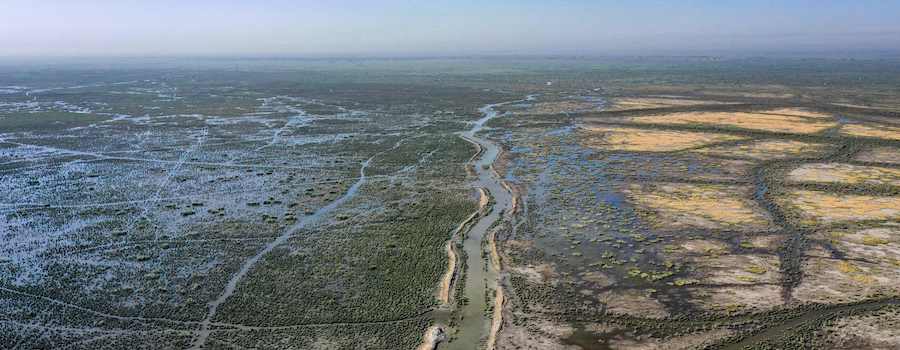
3.Iraq’s Climate Change Response: The Private Sector and Civil Society by Maha Yassin
Maha Yassin closely examines how Iraq has dealt with severe heat waves and drought caused by climate change in recent years. What has been done so far, and how can civil society and the private sector play a role to strengthen Iraq’s climate policy? “…Even after stepping up efforts on climate change policies, issues of corruption, governance, and insufficient institutional capacity remain significant challenges for Iraqi authorities to overcome.”
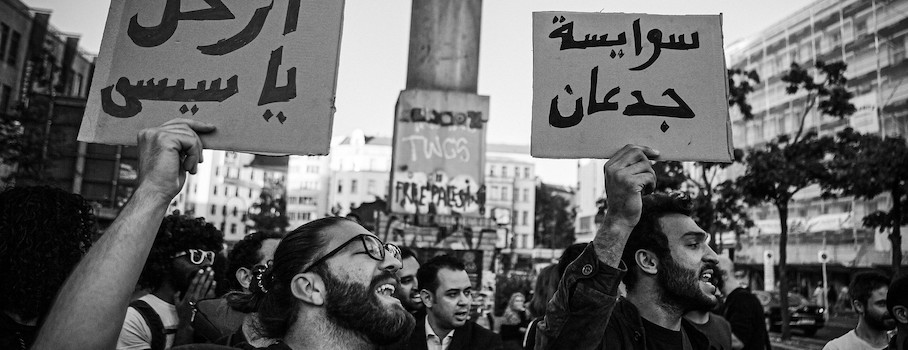
4. A Homeland Lives Within Us, But We Cannot Live in It: Egyptian Organizing and Activism from Exile by Mohamed Mandour
After a year of research, including 18 interviews and two private convenings, Bassem Sabry Democracy Fellow Mohamed Mandour presents an in-depth look at how Egyptians in the diaspora have organized in exile over the last decade, unpacking how, why, and to what effect Egyptians in exile have leveraged knowledge production, advocacy, litigation, and network building to bring about positive rights outcomes at home. “In resuming their work while in exile, they challenge the regime’s narrative and can offer an alternative one.”
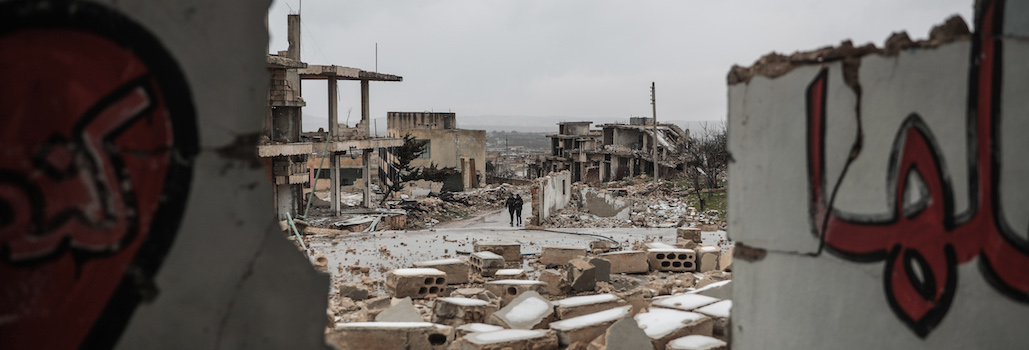
5. Holding Wagner to Account for Russian Abuses in Syria
The Wagner Group behind countless Russian crimes in Syria, Ukraine, and beyond benefits from a structure that allows Russia both control over and distance from it, making it particularly difficult to hold the group to account. This analysis piece unpacks the first-ever case brought against Wagner for its crimes in Syria and other avenues for accountability in the future. “For Syrians seeking justice, this is only the tip of the iceberg. Syrians have been subject to torture at the hands of proxy forces, non-state actors (PMCs, ISIL, and others), and the Syrian state.”
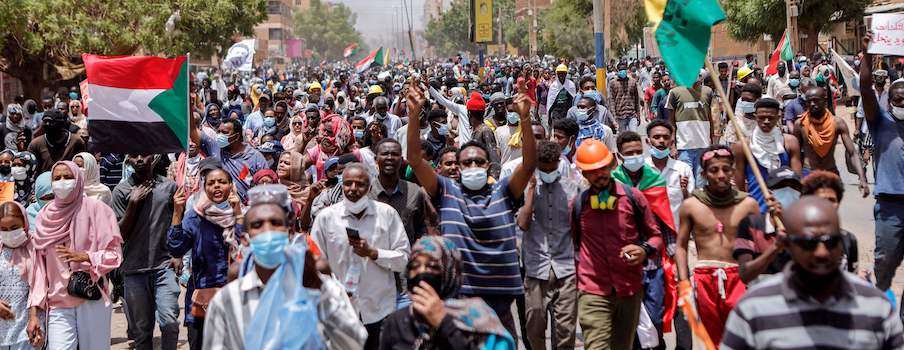
6. Navigating a Participatory Political Process in Sudan Amid a Military Coup by Hamid Khalafallah
Shortly after Sudan’s 2021 military coup, resistance committees began engaging in a participatory grassroots dialogue process to produce political charters. Nonresident fellow Hamid Khalafallah unpacks the role the resistance committees might play in Sudan’s political future. Resistance committees “are effectively writing a new chapter in Sudan’s political history and offering an innovative and novel governance model that deserves invigorating. The very least that actors in Sudan and from the international community can do is to take their charters and demands seriously.”
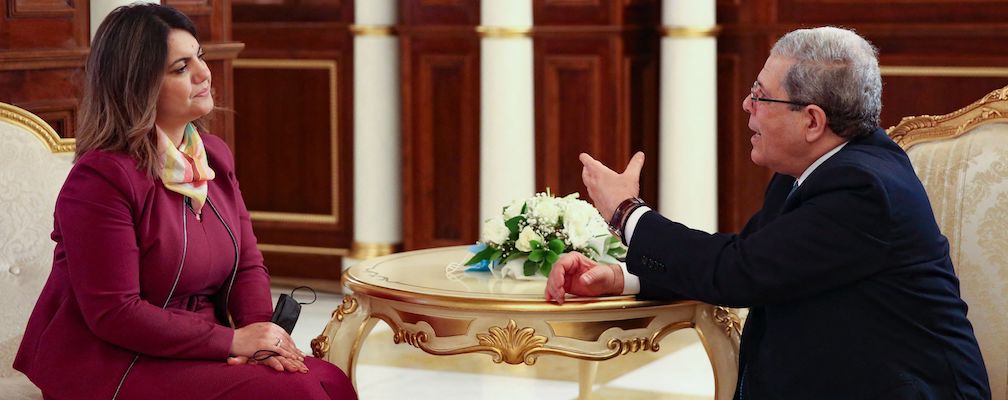
7. What Does a Feminist Foreign Policy Mean for Libya? by Nouran Ragrag
What is a “feminist foreign policy?” Nouran Ragrag unpacks how Libyan Foreign Minister Dr. Najla Elmangoush’s transformative vision for Libya’s foreign policy has worked out so far and what it could mean for the country. “While diplomacy and foreign policy are largely male-dominated areas, their impact is felt by the women who bear the brunt of the consequences.”

8. The Prosecution of a Syrian Regime Doctor in Germany: Implications and Opportunities by Veronica Bellintani
In January, a new trial prosecuting a Syrian regime doctor for torture sexual violence began, shedding light on systematic state-sponsored abuses in Syria. In this analysis piece, TIMEP nonresident fellow Veronica Bellintani broke down the trial’s context, lessons that should have been learned from Germany’s Al-Khatib trial, and implications for broader justice. “If the court fails to address sexual violence crimes, the danger of further rendering invisible these crimes and the subsequent inability to appropriately provide remedy to survivors exists and should not be accepted lightly by Syrian civil society actors.”

9. The IMF: No Silver Bullet for Lebanon by Marie-Christine Ghreichi
As Lebanon faces one of the worst economic crises in modern history, Marie-Christine Ghreichi unpacks what an IMF program might mean for the country. What alternatives exist for recovery? Can those responsible for the crisis be held to account? “The marginal injection of liquidity into the system with the IMF bailout would give people a moment to breathe, yet, the country’s dependency may be reinforced and it would allow corrupt elites to maintain their parasitic relationship to the banking system and the Lebanese economy.”
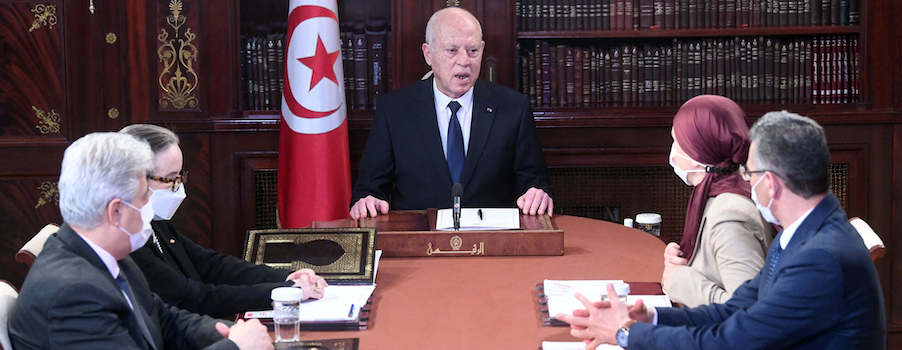
10. The Path to Tunisia’s 2022 Constitutional Referendum by Mai El-Sadany and Mondher Tounsi
Ahead of Tunisian president Kais Saied’s constitutional referendum in July, Mai El-Sadany and Mondher Tounsi authored a guide to Saied’s consolidation of power thus far and what changes he sought to make permanent through the process. “Saied’s draft constitution seeks to create what has been described as a “hyper-presidentialist” system, where the president has extensive executive and legislative authorities, with little checks over them.”
Your donations, readership, and engagement on critical issues affecting the Middle East and North Africa make it possible for us to do the work we’re passionate about: ensuring that voices of advocates and experts on the ground in the MENA region are heard in global policy making circles, that their work to is strengthened, and that they as individuals are protected.
There’s still time to make a tax-deductible gift to TIMEP before the end of the year to support our mission. Donate now.